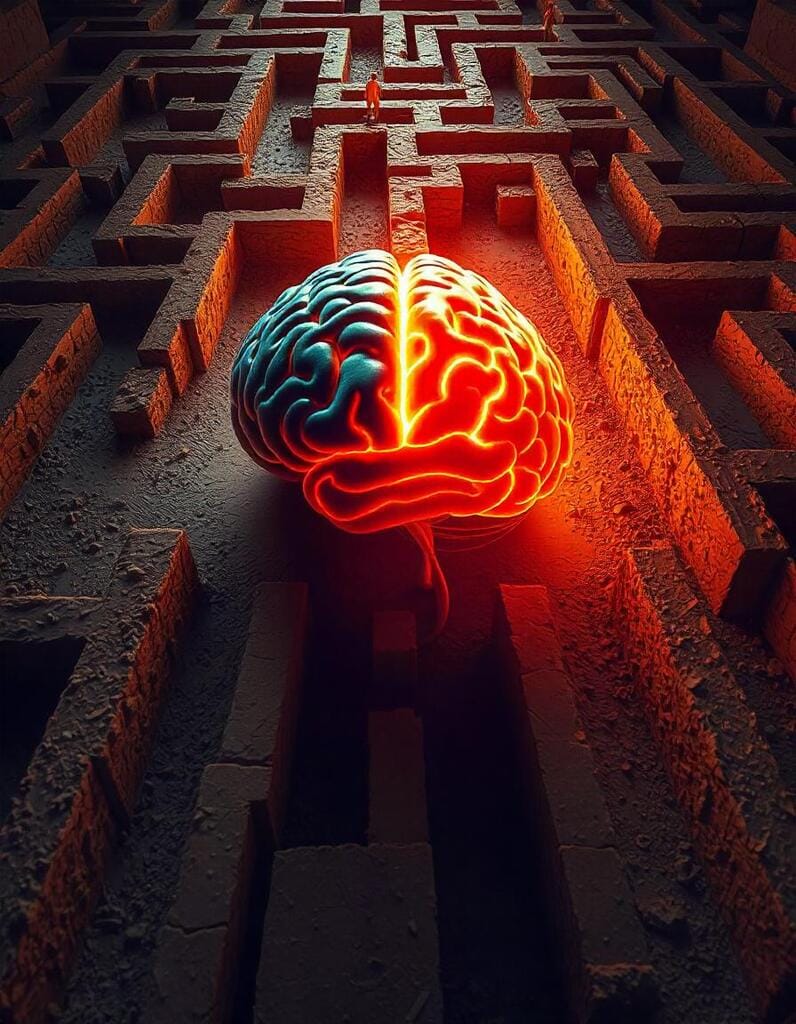Bipolar Disorder: Symptoms, Diagnosis, and Treatment

Bipolar disorder is a mental health condition characterized by extreme mood swings, including episodes of mania (high energy) and depression (low energy). These fluctuations can severely impact daily life, relationships, and work. To better manage the condition, it’s crucial to understand bipolar disorder symptoms, diagnosis, and treatment options.
What is Bipolar Disorder?
Bipolar disorder, also referred to as manic-depressive illness, involves significant changes in mood, energy, and activity levels. These changes may interfere with an individual’s ability to perform everyday tasks. Moreover, there are several types of bipolar disorder, each with distinct patterns of mood episodes.
- Bipolar I Disorder: This type includes manic episodes lasting at least seven days or requiring hospitalization. Depressive episodes often follow.
- Bipolar II Disorder: It involves hypomanic episodes, which are less severe than mania, and depressive episodes.
- Cyclothymic Disorder: A milder form of manic-depressive illness, it features frequent mood swings over a period of at least two years.
Signs and Symptoms of Bipolar Disorder

General Bipolar Symptoms
- Manic Episodes:
- Elevated energy and euphoria
- Decreased need for sleep
- Impulsive or risky behaviors
- Racing thoughts and rapid speech
- Depressive Episodes:
- Persistent sadness or emptiness
- Fatigue and low energy
- Difficulty focusing
- Feelings of worthlessness
Recognizing Bipolar Depression Symptoms
Manic-Depressive Illness resembles traditional depression but alternates with periods of mania or hypomania. Symptoms include chronic fatigue, diminished interest in activities, and disrupted sleep.
Bipolar Symptoms in Women
Women with Manic-Depressive Illness may experience more frequent depressive episodes, rapid cycling, and mixed states. As a result, tailored treatment approaches are often necessary.
Bipolar in Teens
For teenagers, Manic-Depressive Illness can manifest as irritability, dramatic mood swings, and impulsive behaviors. Early diagnosis is essential to provide appropriate interventions.
Diagnosing Bipolar Disorder

An accurate diagnosis of Manic-Depressive Illness begins with a comprehensive evaluation. Professionals use various tools and assessments to identify the condition.
- Bipolar Screening: Initial evaluations may include the Mood Disorder Questionnaire (MDQ) to identify symptoms.
- Bipolar Assessment: Mental health professionals conduct interviews and analyze medical histories.
- Bipolar Questionnaire: Detailed questionnaires help differentiate Manic-Depressive Illness from other mood disorders.
Bipolar Disorder Treatments
Medications for Bipolar Disorder
Medications play a pivotal role in managing symptoms.
- Mood Stabilizers: Lithium and similar medications help control mania and depression.
- Antipsychotics: These treat severe manic or mixed episodes.
- Antidepressants: Used cautiously to address depressive episodes.
Bipolar Disorder Therapies
Therapies complement medication in treating Manic-Depressive Illness.
- Cognitive Behavioral Therapy (CBT): Helps individuals challenge negative thoughts and develop coping mechanisms.
- Interpersonal Therapy: Focuses on improving relationships and managing life stress.
- Family-Focused Therapy: Educates families to foster support and understanding.

Online and Local Treatment Options
- Online Bipolar Treatment: Virtual therapy sessions and programs are accessible for remote care.
- Bipolar Treatment Near Me: Local centers provide personalized care and counseling.
Inpatient and Residential Care
For severe cases, specialized care facilities are often required.
- Residential Treatment Centers: Offer structured environments and 24/7 support.
- Inpatient Bipolar Treatment: Recommended during acute mood episodes or crises.
Self-Care for Bipolar Disorder

Living with Manic-Depressive Illness requires adopting proactive self-care practices.
Daily Self-Care
- Maintain a Routine: Consistent schedules for sleep, meals, and activities help regulate mood.
- Exercise Regularly: Physical activity reduces stress and boosts overall well-being.
- Practice Mindfulness: Techniques like meditation help manage stress and anxiety.
Managing Bipolar Triggers
- Identify Triggers: Recognize stressors that may lead to mood episodes.
- Avoid Substance Abuse: Alcohol and drugs can exacerbate symptoms.
- Stay Connected: Build a strong support system of family, friends, or support groups.
Conclusion

Manic-Depressive Illness is a challenging but manageable condition. By understanding bipolar disorder symptoms, exploring treatment options, and adopting effective self-care strategies, individuals can lead fulfilling lives. If you or someone you know may have manic-depressive illness, consult a healthcare provider for an accurate diagnosis and a personalized treatment plan.
National Institute of Mental Health (NIMH): manic-depressive illness,
Comprehensive information on symptoms, causes, and treatment options for manic-depressive illness,.
Mayo Clinic: Manic-Depressive Illness Overview
Learn about the signs, symptoms, and treatments for manic-depressive illness,
FAQs
1. What are common manic-depressive illness symptoms?
Common symptoms include mood swings, periods of high energy (mania), and episodes of low energy (depression).
2. How is manic-depressive illness treated?
Treatment often combines medications, therapies, and lifestyle adjustments tailored to the individual.
3. Can manic-depressive illness be cured?
There’s no permanent cure, but effective management can significantly improve quality of life.
4. What are bipolar II disorder symptoms?
Bipolar II includes hypomania (a less severe form of mania) and recurring depressive episodes.
5. Is online treatment effective for manic-depressive illness?
Yes, many individuals benefit from online therapy and counselling, which are convenient and accessible.
